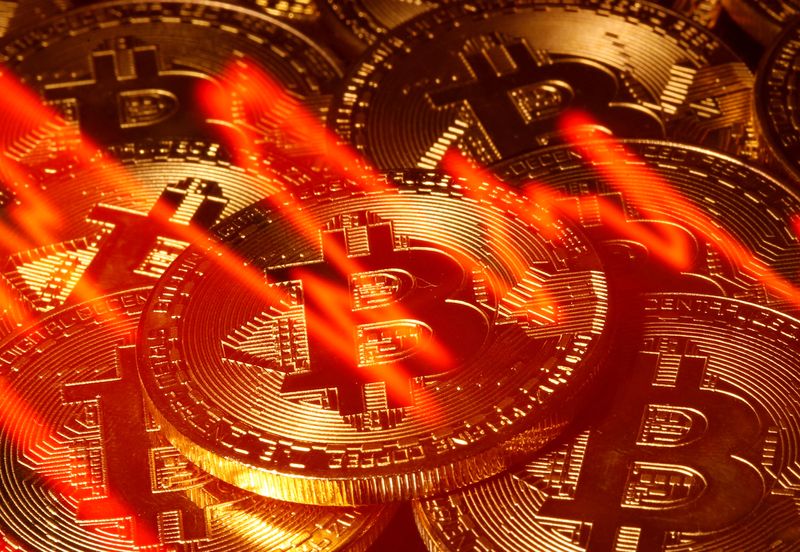U.Today - The prospect of a ETF in the United States has been the subject of intense speculation and anticipation among cryptocurrency enthusiasts and investors. In a recent turn of events, the possibility of approval appears closer than ever, following live from Securities and Exchange Commission (SEC) Chair Gary Gensler.
Gensler has indicated a significant shift in the SEC's approach to Bitcoin ETFs, acknowledging the influence of recent court decisions. "We had in the past denied a number of these applications, but the courts here in DC weighed in on that," Gensler remarked during a CNBC interview. This acknowledgment suggests that the regulatory body is reassessing its stance and could potentially be more open to approving a Bitcoin ETF.
The implications of such a shift are substantial. An SEC-approved ETF would provide a regulated and accessible means for institutional and retail investors to gain exposure to Bitcoin without the complexities of direct cryptocurrency ownership, such as wallet management and security concerns.
Moreover, Gensler's comments come amid concerns about the prevalence of fraud and compliance issues within the crypto sphere. "There's been far too much fraud and bad actors in the crypto field," Gensler emphasized. He pointed out the widespread noncompliance with not only securities laws but also with regulations around anti-money laundering and the protection of the public from malicious entities.
Despite these concerns, Gensler's recent remarks about "taking a new look" at ETFs based on court rulings signal a potential change in the winds for cryptocurrency regulation. The SEC's acknowledgment of the need to revisit previous decisions indicates a recognition of the evolving nature of the market and the legal landscape.
While Gensler avoided directly mentioning Bitcoin ETFs, instead referencing "crypto securities," the crypto community sees this as a signal of impending regulatory progress. An approved Bitcoin ETF would be a monumental step forward for the cryptocurrency industry, offering legitimacy and stability in a market that has been historically volatile and uncertain.
